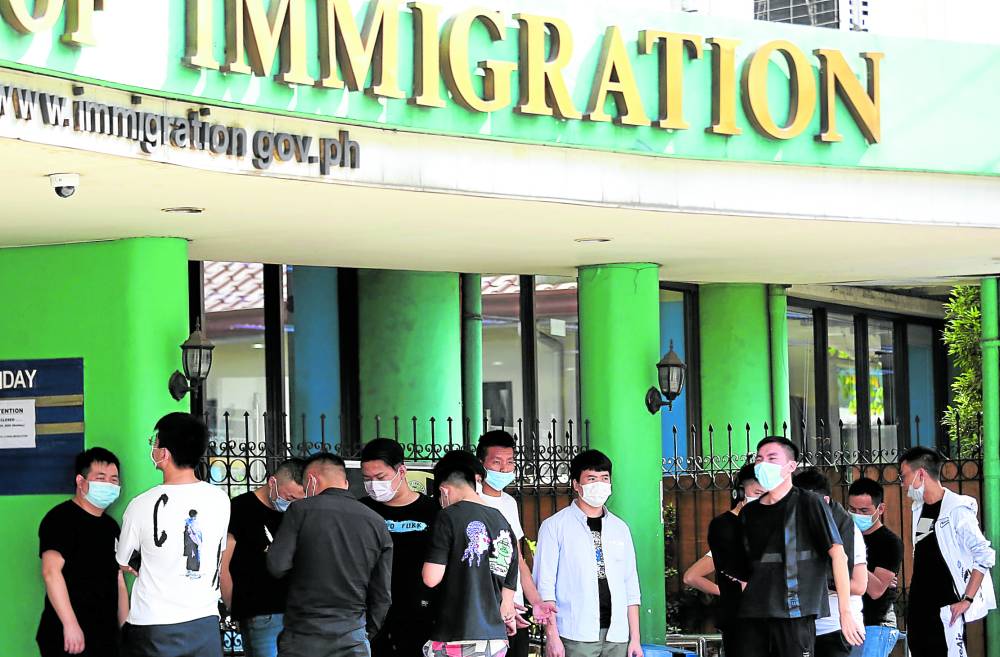In recent months, over 3,000 workers from Philippine Offshore Gaming Operators (POGOs) have exited the Philippines following a government-led crackdown on illegal activities tied to the POGO industry. This exodus is largely the result of the Philippine Bureau of Immigration downgrading the visas of many foreign workers employed by POGO firms, as well as heightened investigations into criminal practices within the sector.
POGOs, which are primarily operated by Chinese nationals, have come under scrutiny for their links to illegal activities, including human trafficking, debt bondage, torture, and kidnapping. These operations were uncovered in areas like Bamban, Tarlac and Porac, Pampanga, where workers were reportedly forced into deplorable conditions. The Philippine government, in an effort to clamp down on these abuses, initiated visa downgrades and deportations, leading to the mass departure of workers.
The crackdown stems from mounting concerns over the growing criminality associated with POGOs. This includes not only local law enforcement issues but also diplomatic tensions with China, as many of the workers are Chinese nationals who entered the country under dubious circumstances. While POGOs have contributed to the economy, particularly in real estate and tax revenue, the illegal operations have drawn public backlash and put a strain on government resources.
As the Philippines continues its efforts to regulate the POGO industry, the exodus of workers highlights the broader challenge of balancing economic benefits with the need for law enforcement and human rights protections. The government’s focus on cleaning up the sector is expected to continue, with more stringent measures likely to be imposed on operators who do not comply with legal standards.








